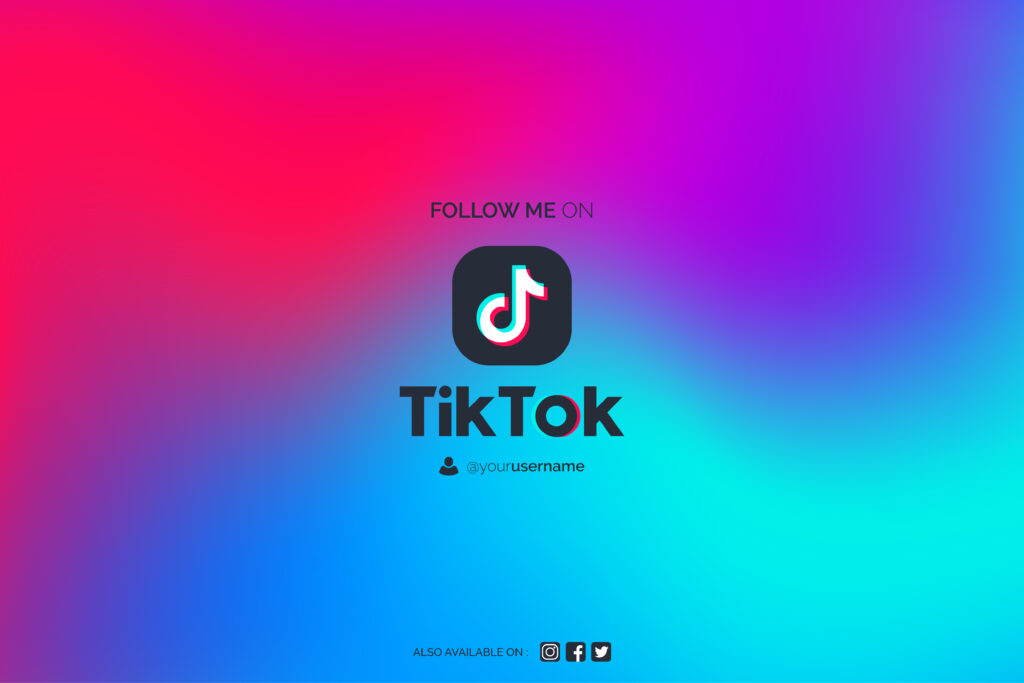TikTok, the wildly popular short-form video app, has taken the world by storm, amassing over 2 billion downloads globally since its launch in 2016. While it has captured the hearts of users, it has also faced growing scrutiny and, in some cases, outright bans by several countries. This article explores the reasons behind these bans, the controversies surrounding TikTok, and the implications for both users and the platform.

Data Privacy Concerns
One of the primary concerns raised by governments regarding TikTok is data privacy. TikTok collects a vast amount of user data, including location information, device details, and browsing history. Critics argue that this data could be misused or accessed by the Chinese government due to TikTok’s parent company, ByteDance, being based in China.
The fear of data being sent to foreign governments has led to bans and investigations in several countries. For example, India, which was TikTok’s largest market, banned the app in June 2020, citing national security concerns and data privacy issues. The United States also took steps to ban TikTok, with the Trump administration citing similar concerns, although legal battles have delayed any potential ban.
Content Moderation and Censorship
TikTok has faced accusations of content moderation and censorship, which have sparked outrage and concerns about freedom of expression. In some instances, TikTok has been accused of suppressing content related to sensitive topics, such as protests and human rights issues.
In the case of India, the government cited concerns about “immoral and indecent” content as one of the reasons for the ban. This raises questions about the balance between regulating content that may be inappropriate or harmful and stifling free speech.
Misinformation and Harmful Challenges
TikTok has been a breeding ground for viral challenges, some of which have led to dangerous or harmful behavior. In 2020, there were instances of challenges promoting self-harm, violence, or misinformation about COVID-19.
The spread of such challenges and misinformation on the platform has raised concerns about the potential harm they can cause, especially to young and impressionable users. This has led to calls for stricter content moderation and supervision.
National Security Concerns
Beyond data privacy, some governments are concerned about the potential use of TikTok for espionage and propaganda. TikTok’s Chinese ownership has raised suspicions that the platform could be used to spread Chinese propaganda or influence foreign governments and populations.
The U.S. government’s concerns about TikTok’s national security implications led to a proposed ban unless TikTok’s U.S. operations were sold to a domestic company. This situation highlighted the increasing tension between national security interests and the global nature of tech companies.
Response from TikTok
In response to the bans and controversies, TikTok has taken several steps to address the concerns raised by governments and the public. These measures include:
-
Transparency Initiatives: TikTok has launched transparency initiatives to provide insight into its content moderation and data privacy practices. The platform has also released transparency reports detailing its handling of content removal requests and data access by governments.
-
Data Center Investments: TikTok announced plans to establish data centers outside of China to store user data. This move aims to address concerns about data privacy and data access by the Chinese government.
-
Content Moderation: TikTok has committed to improving its content moderation efforts to reduce the spread of harmful challenges and misinformation on the platform. This includes partnering with fact-checking organizations to verify content.
-
Legal Challenges: TikTok has taken legal action against bans imposed by governments, arguing that they violate free speech and due process rights. These legal battles are ongoing in various countries.
Implications for Users and TikTok
The bans and controversies surrounding TikTok have significant implications for both users and the platform itself. For users, losing access to TikTok means losing a platform for creativity, self-expression, and entertainment. TikTok has provided a space for users to showcase their talents, connect with a global audience, and even launch careers.
For TikTok as a platform, bans in major markets like India and potential bans in the United States could have financial repercussions. It could also impact the platform’s ability to expand and innovate, as it faces regulatory and legal challenges.
Conclusion
The reasons behind the bans on TikTok in various countries are multifaceted, ranging from data privacy concerns and content moderation issues to national security fears and the spread of harmful challenges. TikTok’s response to these concerns has been a combination of transparency initiatives, legal challenges, and investments in data infrastructure.
The debate over TikTok’s future raises important questions about the balance between protecting national interests, safeguarding data privacy, and preserving freedom of expression on digital platforms. As governments and platforms grapple with these complex issues, the future of TikTok and its global user base remains uncertain. Ultimately, the outcome will shape the landscape of social media and digital communication in the years to come.